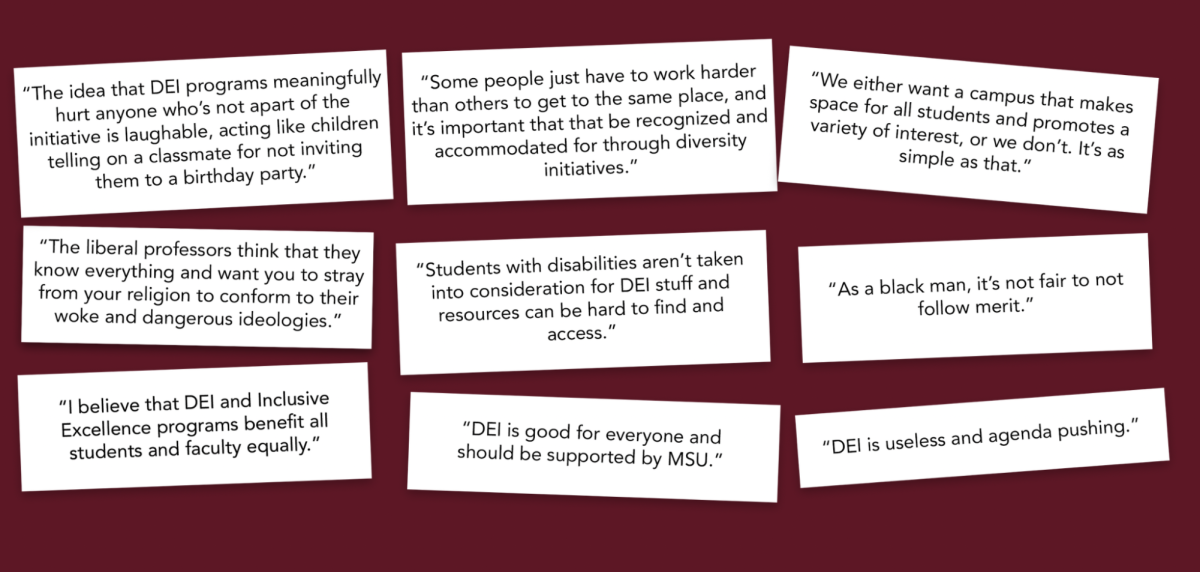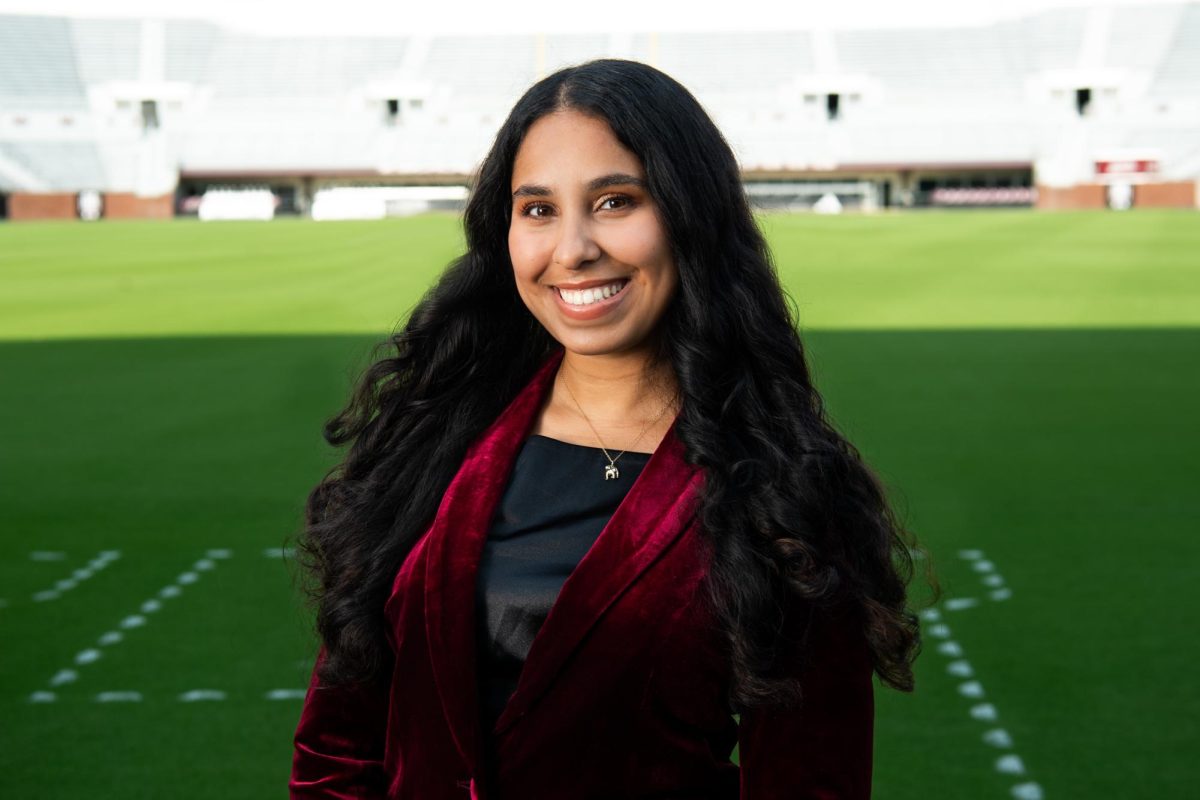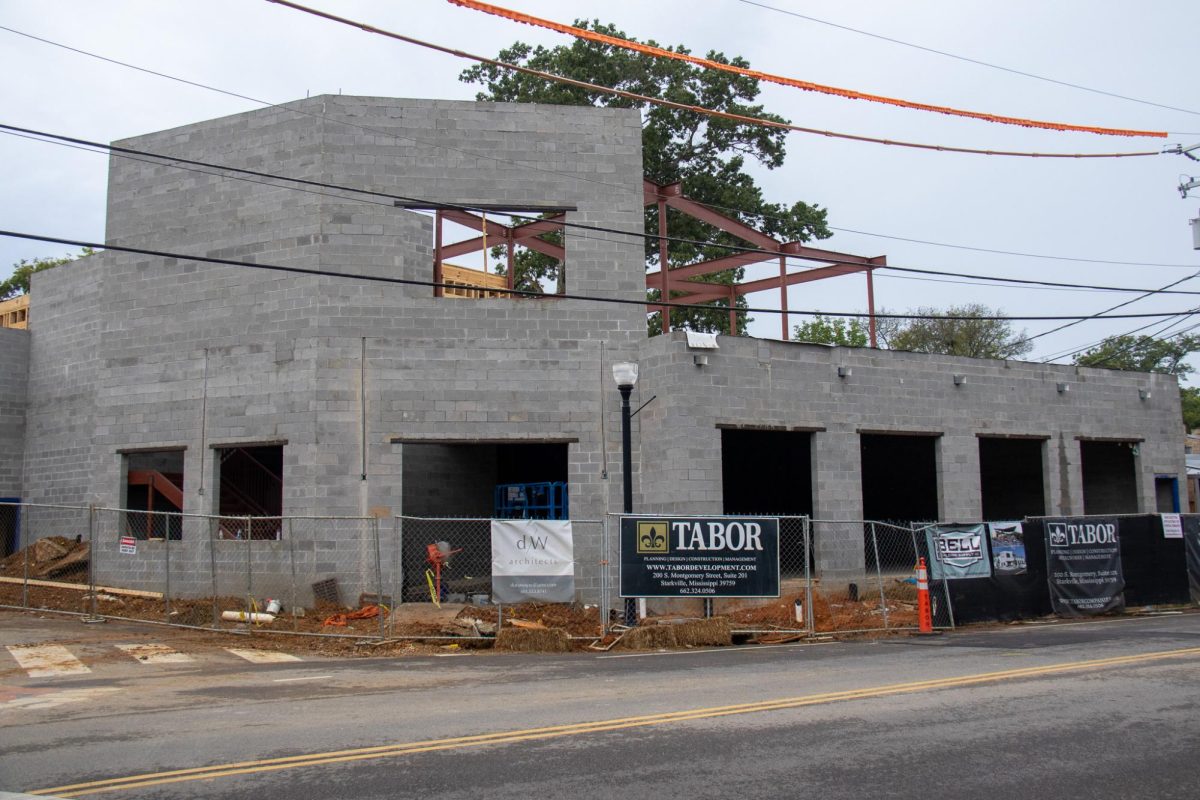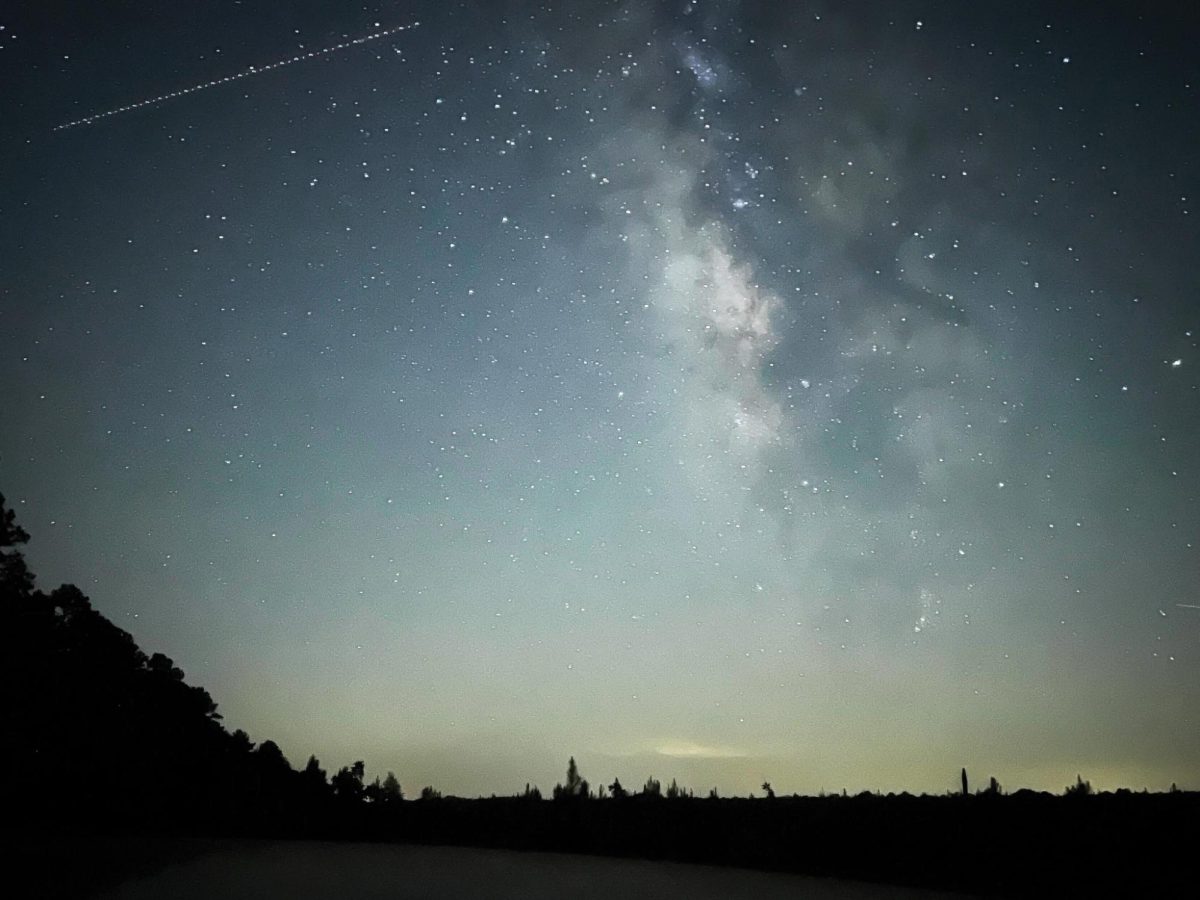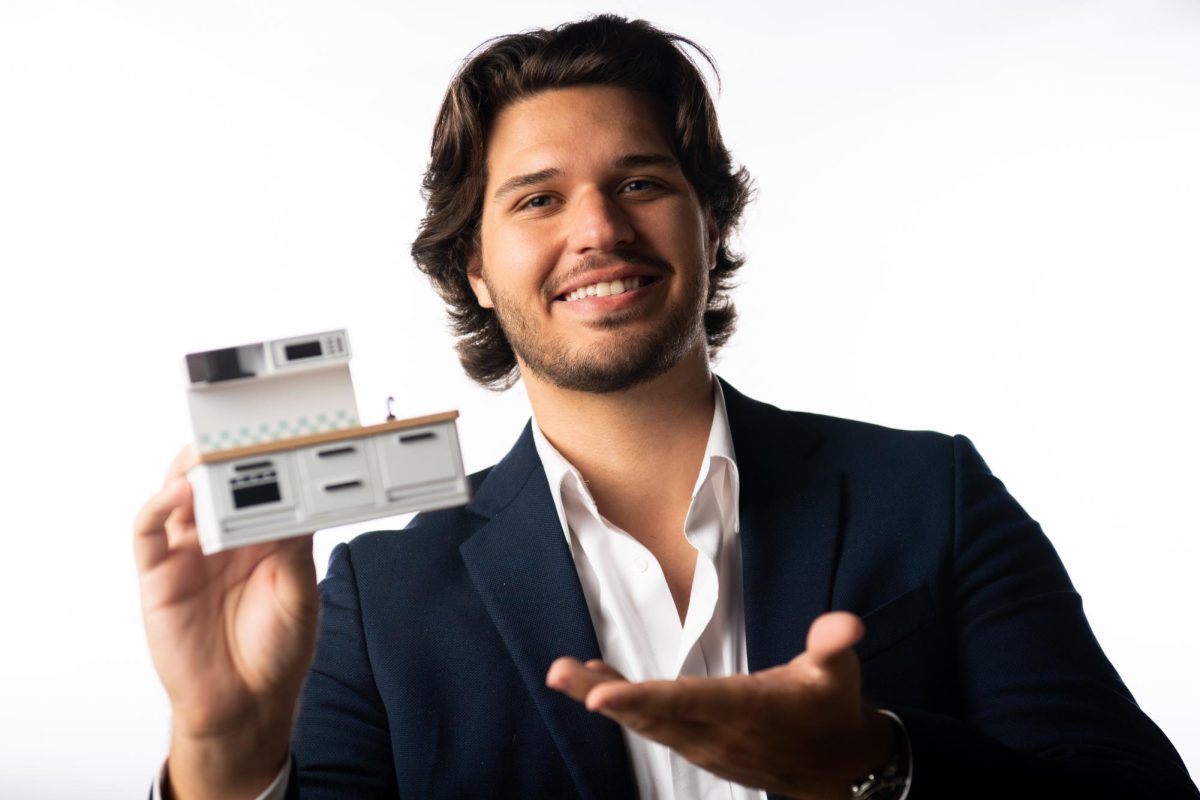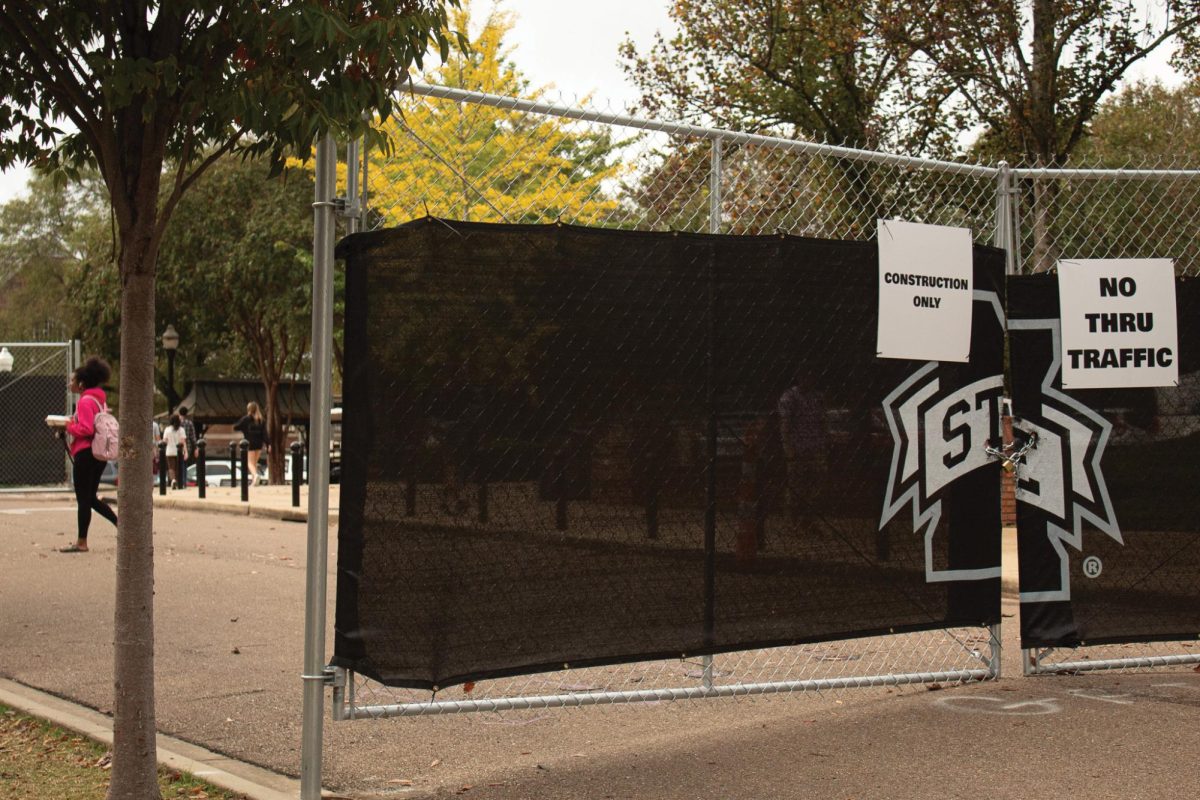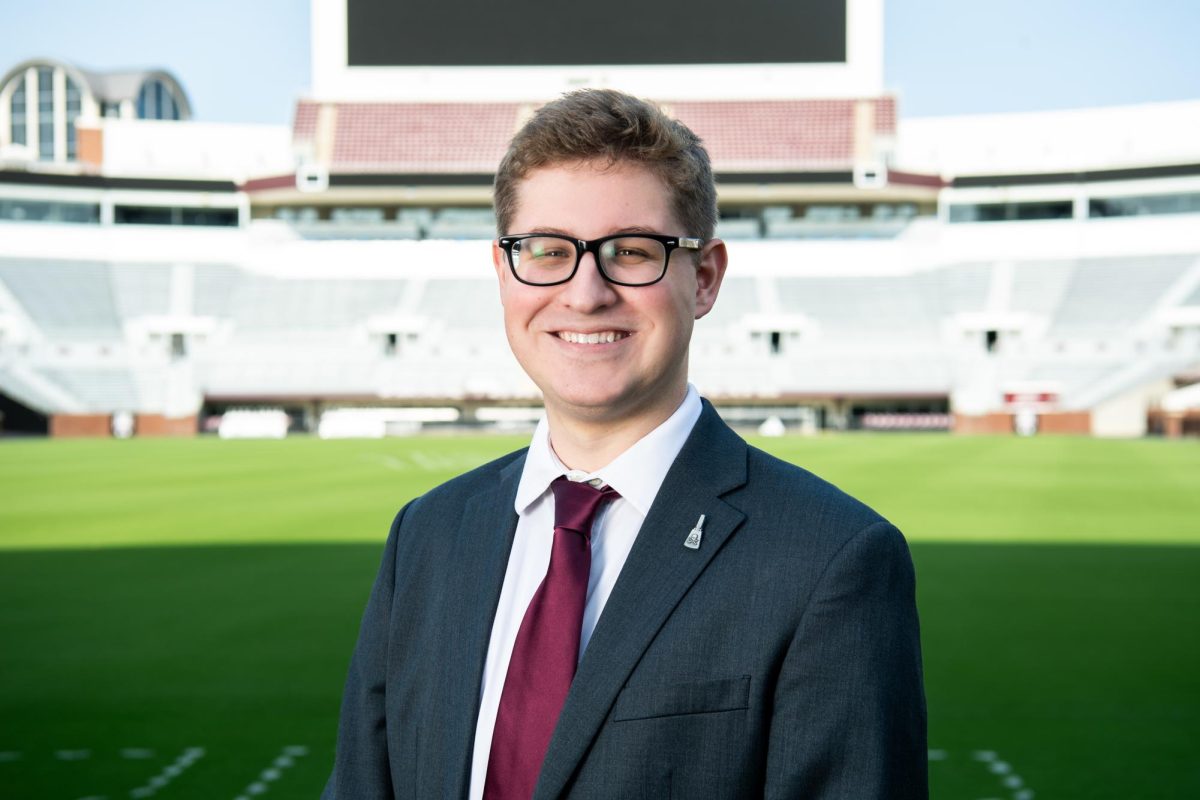February is Black History Month, so several Mississippi State University organizations, such as the Student Association and the Holmes Cultural Diversity Center, have planned and orchestrated different events and exhibitions in order to remember and illuminate both the struggles and accomplishments of Black people in America.
These events, targeted at aiding Black students and telling stories of their histories, have occurred on campus or online almost everyday of the month. The month begins with the “28 Days of Service” challenge hosted by the African American Studies program. These projects are geared toward serving the community through storytelling, visuals, conferences and more.
The Holmes Cultural Diversity Center (HCDC), led by interim director Timothy Hopkins, has played a significant part in coordinating programs throughout the month, including a unique event providing the opportunity for Black students to speak with law enforcement regarding police brutality.
“Black students got the opportunity to have conversations with local police officers to talk about police brutality and the do’s and don’ts of getting stopped by a police officer,” Hopkins said. “I think it’s important in the current climate that we live in that we have conversations to bridge any gaps between the students and law enforcement.”
Hopkins spoke of being particularly interested in broadcasting the stories of both well-known and lesser-known stories of outstanding Black historical figures. Through a drive-in movie about Harriet Tubman and a visual representation of African American life throughout American history, Hopkins intends to show students a history to be proud of.
“I think it will be a really good educational moment for students to really see and hear about her (Harriet Tubman’s) story, as well as providing an opportunity to engage with other students while doing that,” Hopkins said. “I always tell students that I strongly believe that Black history is American history, and I think it’s important for us to honor Black Americans and the many contributions that they provided the world.”
Kyle Barron, a junior majoring in biological sciences, is currently serving as the director of the President’s Commission on the Status of Minorities (PCSM) for the Student Association (SA). Barron has played a leading role in many of MSU’s Black History Month events.
Barron said his commitment to encouraging cultural inclusion comes largely from personal experiences and the vision of the SA under Student Association President Tyler Packer.
“I have found it hard to fit in in most places, and I know that it’s not just me. So I joined SA to make sure that, at Mississippi State, everyone could feel like there was a place for them,” Barron said. “One of the main things from Tyler Packer’s campaign was that he wanted Mississippi State to become an inclusive society.”
Even though classes and events are largely in-person this semester, COVID-19 has still presented many challenges in arranging these events.
“Minorities, Black people specifically, are more likely to contract COVID-19,” Barron said. “Dealing with that and acknowledging that it is an issue in the community that I target has been hard.”
Despite the challenges of yet another unusual semester haunted by COVID-19, Barron acknowledged the importance of these events to make all students feel included and at home.
“It’s been challenging and, at times, overwhelming, but I recognize that everything that I do for SA is bigger than me,” Barron said. “It’s important to have diversity, but it’s even more important to make sure that everyone feels included as well.”
Yasmine Davis, a junior geoscience major, is the director of programming for SA and has worked with Barron to plan the Black History Month events.
As the first Black director of programming, Davis spoke of the humbling first-person experience of the progress that Black people have made over the years.
“It’s a humbling experience to see just how far our history has evolved and how far we’ve come,” David said. “I think, as a people, we’ve come really far.”
Davis spoke of her desire to create an inclusive environment for a diverse group of people as well as opportunities for Black students to excel academically and professionally.
“‘A Seat at the Table’ is for minority students. We target it toward our Black students here at Mississippi State, helping them to know how to navigate the professional world,” Davis said. “I want to make sure that, in my term working under the president, we are putting on events that cater to students that look just like me.”
Davis encouraged students to be engaged in the events remembering Black history because they will benefit the students in the long run and encourage change in the current inequalities in the society.
“We never really know how to move forward unless we revisit the past,” Davis said.
MSU celebrates Black History Month with service and reflection
0
More to Discover





